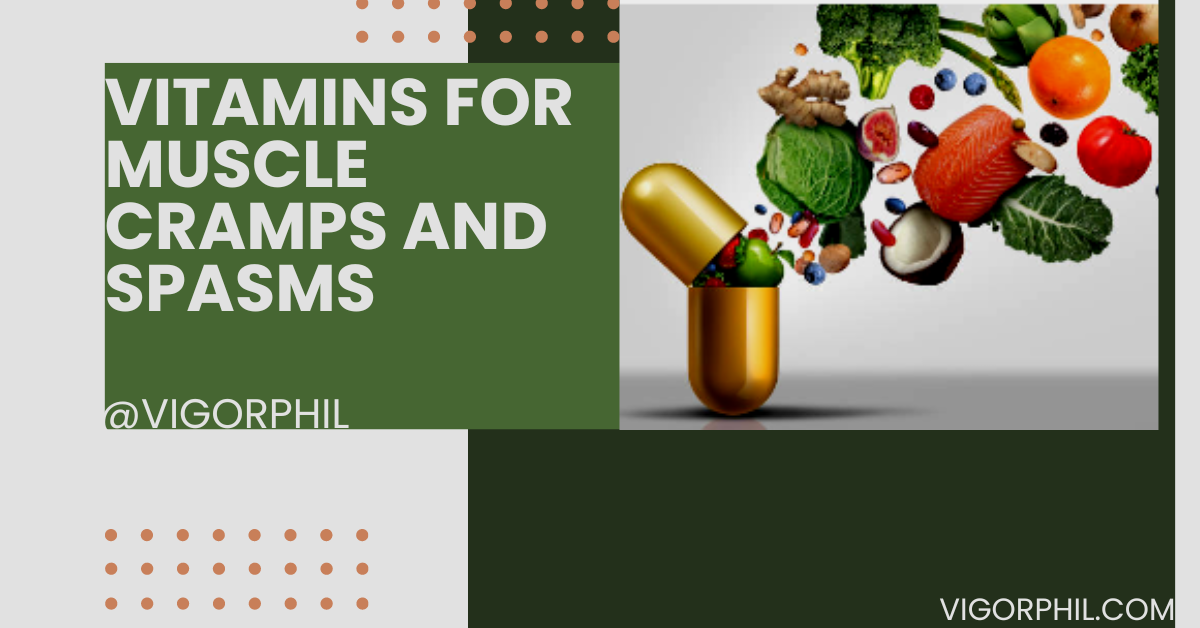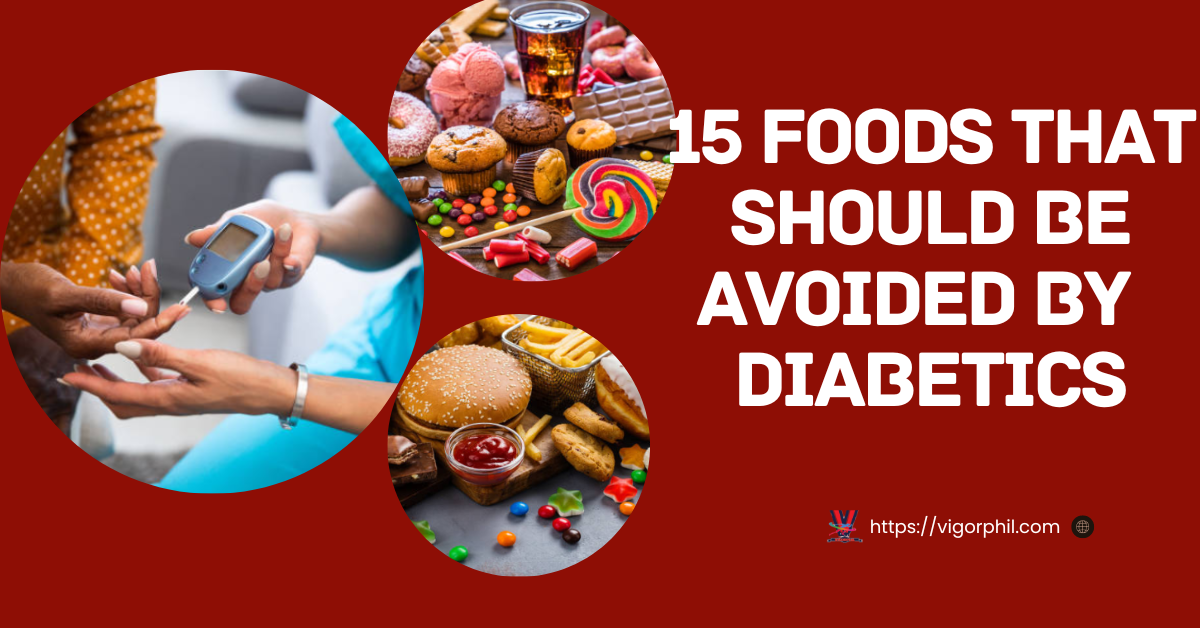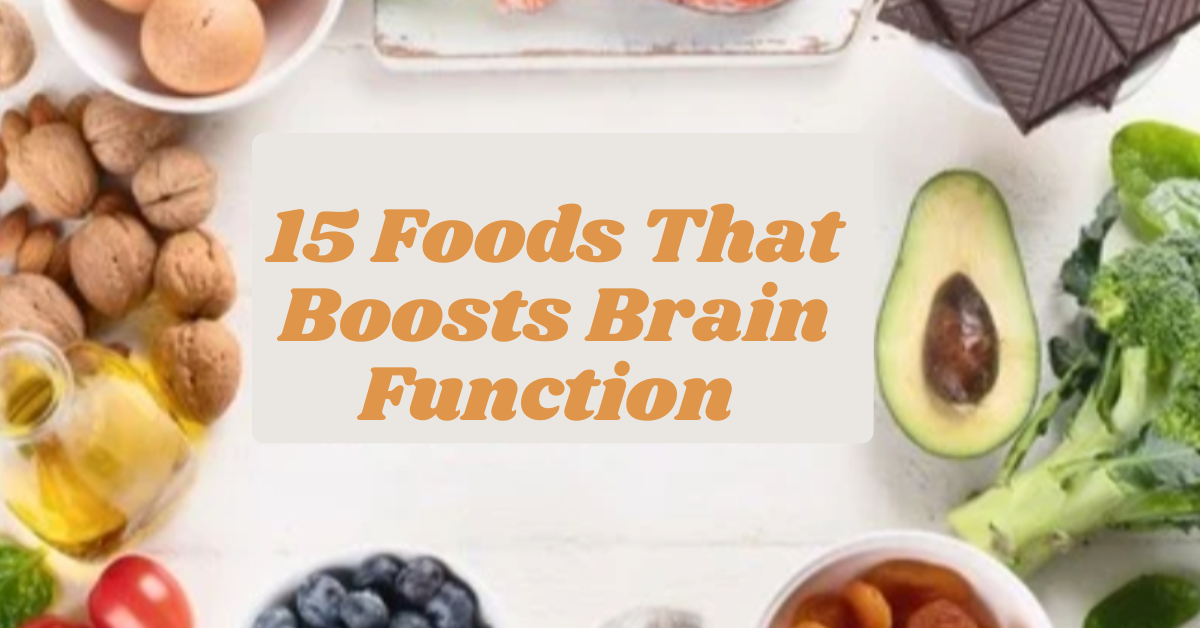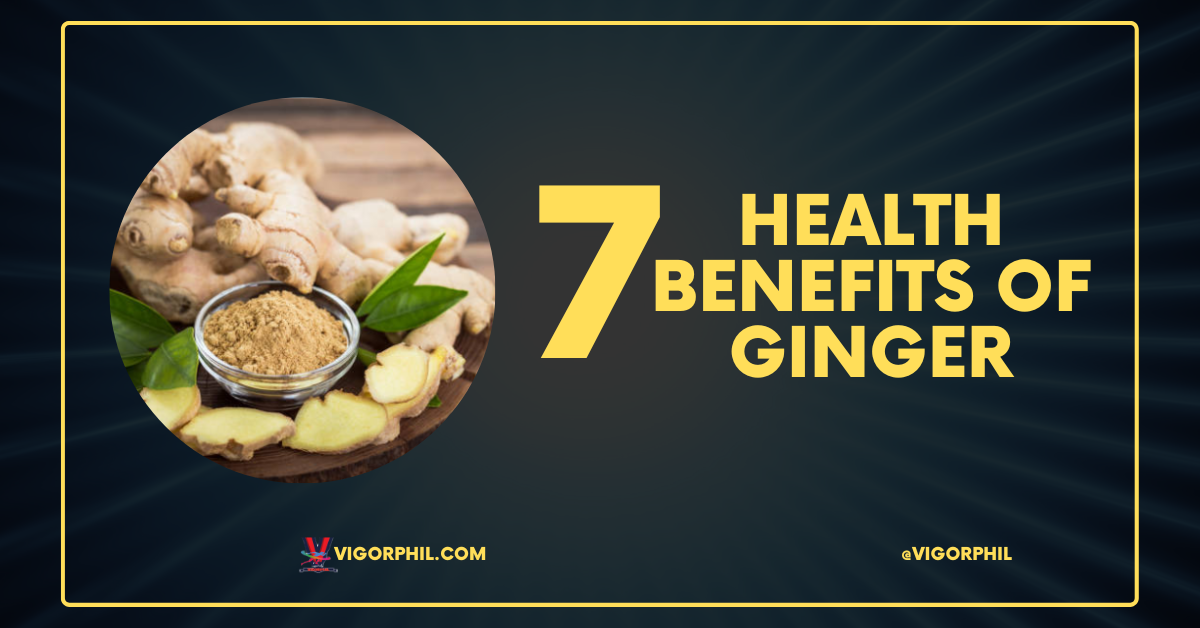Muscle cramps and spasms can be caused by a variety of factors, including electrolyte imbalances, dehydration, and nutritional deficiencies. Certain vitamins may be beneficial in helping to prevent or alleviate muscle cramps and spasms.
Vitamins are essential micronutrients that play important roles in various bodily functions, including muscle health. Deficiencies in certain vitamins can lead to muscle cramps and spasms. In this article, we will discuss the most important vitamins for preventing muscle cramps and spasms, and how to ensure that you are getting enough of them in your diet.
1. Vitamin D:
Vitamin D is essential for maintaining muscle strength and function. Deficiencies in vitamin D can lead to muscle weakness, cramps, and spasms. This is because vitamin D helps the body absorb calcium, which is necessary for muscle contractions. The best sources of vitamin D are sunlight and fatty fish such as salmon and tuna. Vitamin D supplements are also available if you are not getting enough from your diet.
Vitamin E: Vitamin E is an antioxidant that helps protect the muscles from damage caused by free radicals. Free radicals are molecules that can cause inflammation and damage to cells, which can lead to muscle cramps and spasms. Foods rich in vitamin E include nuts, seeds, and vegetable oils.
2. Vitamin B complex:
The B complex vitamins, including vitamins B1, B6, and B12, are important for maintaining healthy nerves and muscles. They help the body produce energy, which is necessary for muscle contractions. Deficiencies in these vitamins can lead to muscle cramps, spasms, and weakness. B vitamins are found in a variety of foods, including whole grains, nuts, and leafy greens.
3. Magnesium:
Magnesium is a mineral that is essential for muscle function. It helps the muscles relax and contract, and a deficiency in magnesium can lead to muscle cramps and spasms. Magnesium is found in foods such as leafy greens, nuts, and seeds.
4. Calcium:
Calcium is a mineral that is essential for muscle contractions. A deficiency in calcium can lead to muscle cramps, spasms, and weakness.
Calcium is found in dairy products, leafy greens, and fortified foods.To ensure that you are getting enough of these vitamins and minerals, it is important to eat a balanced diet that includes a variety of fruits, vegetables, and whole grains. It is also a good idea to talk to your doctor or a dietitian if you are experiencing muscle cramps and spasms and think that a deficiency in vitamins and minerals may be to blame.
In addition to a healthy diet, there are other steps you can take to prevent muscle cramps and spasms. These include:-
Staying hydrated:
Dehydration can lead to muscle cramps and spasms. Be sure to drink enough water throughout the day.-
Exercising regularly:
Regular exercise can help prevent muscle cramps and spasms by keeping the muscles strong and flexible.-Stretching before and after exercise: Stretching can help prevent muscle cramps and spasms by increasing blood flow to the muscles.-
Getting enough sleep:
Lack of sleep can lead to muscle cramps and spasms. Aim for at least 7-8 hours of sleep per night.
In conclusion, vitamins and minerals are essential for muscle health. A deficiency in certain vitamins and minerals can lead to muscle cramps and spasms. To prevent these symptoms, it is important to eat a balanced diet that includes a variety of fruits, vegetables, and whole grains, and to talk to your doctor or a dietitian if you are experiencing muscle cramps and spasms. Additionally, staying hydrated, exercising regularly, stretching, and getting enough sleep can also help prevent muscle cramps and spasms.










